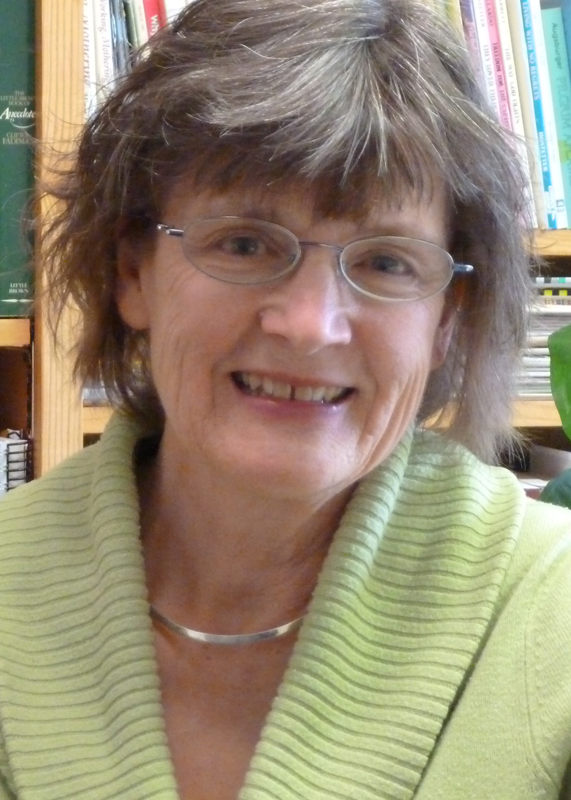Seven Benefits for All in Dismantling Racism
These days seem to be filled with needing to talk about racism because 1) it still exists and threatens to split the U.S. yet again; 2) there are so many incidents which are either racially charged or are debated as such; 3) for people of color, racial incidents happen all the time. How can we begin to truly dismantle racism in this country, for the benefit of all?
I like the helpful twist that Jodi Picoult adds to this thought in her novel Small Great Things:
Kennedy, public defender: “Do you think there will ever be a time when racism doesn’t exist?”
Ruth, an African-American nurse charged with murder: “No, because that means white people would have to buy into being equal. Who’d choose to dismantle the system that makes them special?”
When people talk about undoing racism you often hear folks talk about white privilege—the invisible backpack every white person has that gives them certain privileges without even thinking about it—or doing anything. I like the phrase “special” better than “privilege” because try telling a white man or woman living barely above the poverty line, doing the best he or she can to earn a living at around $20,000 a year with a family of four when they can hardly pay for rent, groceries and prescriptions—that they have white privilege.
Such a person already feels on society’s bottom rung. He or she may have a pretty hard time recognizing their privileged station in life. But they are privileged because at least they don’t have to worry their children will be seen as suspicious or dangerous youths while walking home from school, second guess why they didn’t get the promotion or accepted into college, or why they were stopped for an out-of-date car registration or followed all around a store. But Jodi Picoult is right with her character’s line: Who’d choose to dismantle the system that makes them special? Who would willingly give up those privileges?
We need to think of things another way. What are the positives for all in undoing the sin of racism? I can think of several potential positives:
- Make our society and culture safer
- More opportunities for an improved life for all
- Move forward from the past
- Less anger and hate in the world, more love
- Less crime, less need for more prisons
- Provide a stronger example to other countries of moving past racism
- Have time, energy and money to tackle other issues such as drug abuse and sexual abuse
That is a tall order and while no one can change the color of their skin or truly shuck the privileges that come with those unasked-for-advantages, if we are white we can work to recognize ways we as whites have had special treatment all our lives in the U.S. and don’t even recognize it.

Osheta Moore
One young woman, Osheta Moore, a mother of three who happens to be black and married to a white pastor, has written her vision for change in a book called Shalom Sistas: Living Wholeheartedly in a Brokenhearted World (Herald Press, 2017). She asks this question: “What if a bunch of Jesus-following women catch a vision of a vibrant, whole, flourishing world? What happens when shalom sistas [all colors] unite?”
I especially like this reminder in her 12-point manifesto, “We are beloved.” If we can wrap our heads around that, and let our children and spouse and neighbors feel that belovedness, that alone goes a long way to pouring into each man, woman and child (whether black, brown, beige or with a tint of yellow), that we are indeed loved by God. We need to look at every human through those same eyes, even when they don’t realize how loved they are and don’t act it. The writer of 1 Corinthians 14:1 urges, “Make love your aim.” May it be so.
What are your ideas on how to truly dismantle racism? Stories?
Email me at anotherwaymedia@yahoo.com or at Another Way Media, Box 363 , Singers Glen, VA 22850.
Another Way is a column © by Melodie Davis, in syndication since 1987.
Columns are also posted at www.FindingHarmonyBlog.com a week after newspaper publication.






